Home>Home Maintenance>Who Pays For The Home Inspection


Home Maintenance
Who Pays For The Home Inspection
Modified: March 24, 2024
Discover who is responsible for paying for the home inspection and learn about the importance of home maintenance. Find out more about home-maintenance costs and who typically covers them.
(Many of the links in this article redirect to a specific reviewed product. Your purchase of these products through affiliate links helps to generate commission for Storables.com, at no extra cost. Learn more)
Introduction
Welcome to the world of home inspections! Whether you’re a first-time homebuyer or a seasoned homeowner, understanding the ins and outs of home inspections is crucial. It can provide you with valuable insights into the condition of a property and help you make informed decisions.
A home inspection is a comprehensive examination of a property’s structural and mechanical systems. It is typically conducted by a certified professional who will assess the overall condition of the home, identify any potential issues, and provide a detailed report.
Buying or selling a home is often one of the most significant financial transactions individuals undertake. Therefore, it’s essential to understand who pays for the home inspection and the responsibilities associated with it.
Let’s dive deeper into the subject and explore the importance of home inspections, the responsibilities of both buyers and sellers, negotiations, potential additional costs, and more.
Key Takeaways:
- Buyers should choose a qualified inspector, attend the inspection, review the report, and negotiate with the seller based on the findings to protect their interests and make informed decisions.
- Sellers must disclose known issues, prepare the property for inspection, address repair requests, and provide necessary documentation to build trust and facilitate a smooth transaction.
Importance of Home Inspections
Home inspections play a vital role in the home-buying process, as they provide a thorough evaluation of a property’s condition. Here are some reasons why home inspections are crucial:
- Identifying potential issues: A home inspection can uncover hidden problems that may not be noticeable during a casual visit. From structural deficiencies to electrical, plumbing, or HVAC issues, the inspector will thoroughly examine the property and provide a comprehensive report.
- Ensuring safety: The safety of you and your loved ones is paramount. Home inspections help identify potential safety hazards like faulty wiring, mold, or carbon monoxide leaks, ensuring a safe living environment.
- Budgeting for repairs: By uncovering any issues, a home inspection allows you to plan and budget for necessary repairs or renovations. It gives you a clear understanding of the property’s condition, allowing you to estimate the costs involved in making it your dream home.
- Negotiation power: If significant issues are discovered during the inspection, you may have the opportunity to negotiate with the seller for repairs or a price reduction. The inspection report provides you with evidence to support your requests.
- Piece of mind: Knowing the true condition of a property can provide peace of mind. It helps you make an informed decision about whether to proceed with the purchase or walk away if the repairs or issues are too extensive.
Remember, a home inspection is not simply a pass or fail evaluation. It’s an opportunity for you to gain knowledge about the property and make an informed decision based on its condition and your future plans.
Home Buyer’s Responsibility
As a homebuyer, understanding your responsibilities when it comes to a home inspection is crucial. Here are the key aspects of the buyer’s responsibilities:
- Selecting a qualified inspector: It’s your responsibility to find a reputable and certified home inspector to conduct the inspection. Look for inspectors who have the necessary credentials, experience, and a track record of thorough assessments.
- Attending the inspection: While it’s not mandatory, it’s highly recommended that you attend the home inspection. Being present allows you to ask questions, clarify any concerns, and gain a better understanding of the property’s condition directly from the inspector.
- Reviewing the inspection report: Once the inspection is complete, thoroughly review the inspection report provided by the inspector. Take note of any significant issues or areas requiring attention. If you have any questions or need clarification, don’t hesitate to reach out to the inspector.
- Considering additional inspections: Depending on the property’s condition or specific concerns, you may need to consider additional inspections. This could include specialized inspections for issues such as mold, pest infestations, or structural integrity.
- Negotiating with the seller: If the inspection report reveals significant issues, it’s important to communicate and negotiate with the seller. You can request repairs, ask for a price reduction, or even back out of the deal if the issues are too severe. Your real estate agent can guide you through the negotiation process.
Remember, the home inspection is a critical phase in the home-buying process, and it’s essential to conduct it diligently to protect your interests as a buyer.
Seller’s Responsibility
When it comes to home inspections, sellers also have specific responsibilities to fulfill. Here’s an overview of the seller’s obligations:
- Disclosing known issues: Sellers are responsible for disclosing any known defects or issues with the property. They should provide accurate and complete information about the condition of the home to potential buyers.
- Preparing the property for inspection: Sellers should ensure that the property is accessible and ready for inspection. This includes clearing clutter, unlocking any locked areas, and providing the necessary documentation for the inspector. It’s important to create a positive impression to facilitate a smooth inspection process.
- Coordinating schedules: Sellers should coordinate with the buyer’s agent and the home inspector to schedule a convenient time for the inspection. It’s important to be accommodating and flexible in arranging the inspection to avoid delays in the transaction.
- Addressing repair requests: If the buyer requests repairs based on the inspection report, sellers have the responsibility to consider and respond to these requests. They can choose to perform the repairs themselves or negotiate a mutually agreed resolution with the buyer.
- Providing documentation: Sellers should provide any relevant documentation related to the property, such as warranties, guarantees, or maintenance records. This information can provide buyers with additional insights into the property’s history and upkeep.
It’s crucial for sellers to understand that a thorough and transparent inspection process can help facilitate a smoother transaction and build trust with potential buyers.
The buyer typically pays for the home inspection. It’s a crucial step in the home buying process to ensure the property is in good condition.
Negotiations and Agreements
Following a home inspection, negotiations between the buyer and seller often take place to address any issues or concerns identified. Here are some key points to consider regarding negotiations and agreements:
- Reviewing the inspection report: Both the buyer and seller should carefully review the inspection report. It’s essential to have a clear understanding of the identified issues and their potential impact on the property.
- Consulting with professionals: If there are significant concerns, it’s advisable for both parties to consult with their real estate agents, attorneys, or other professionals to determine the best course of action.
- Repair requests: The buyer may request repairs or remedies based on the inspection report findings. The seller can choose to address these requests, provide a credit for the repairs, or negotiate an alternative resolution with the buyer.
- Renegotiating the price: If the inspection report reveals significant issues, the buyer may request a price reduction or credit to account for the necessary repairs. The seller and buyer can negotiate to reach a mutually acceptable agreement on the price adjustment.
- Keeping deadlines in mind: It’s crucial to adhere to any deadlines outlined in the purchase agreement or contract. Failure to meet these deadlines could lead to the termination of the agreement.
- Documenting the agreed-upon changes: Once negotiations are complete, it’s important to document any changes or agreements reached. This way, both parties have a clear understanding of their responsibilities and can move forward with the transaction.
Effective communication and collaboration between the buyer, seller, and their respective representatives are key to reaching a satisfactory resolution during negotiations.
Read more: Divorced: Who Pays For Home Repairs
Potential Additional Costs
While the cost of the home inspection itself is typically borne by the buyer, there are some potential additional costs that both buyers and sellers should be aware of. Here are a few examples:
- Additional inspections: Depending on the findings of the home inspection or specific concerns, additional specialized inspections may be necessary. These could include inspections for pests, radon, mold, or septic systems. The cost of these inspections is typically the responsibility of the buyer.
- Repairs and remediation: If the inspection report uncovers significant issues that require repairs or remediation, there may be additional costs involved. It’s important to obtain quotes from reputable contractors and factor these costs into your budget.
- Reinspection fees: In some cases, the buyer may request a reinspection after repairs or remedies have been completed. These reinspections may incur additional fees, depending on the terms agreed upon.
- Permit fees: If repair work requires obtaining permits from local authorities, there may be associated permit fees to consider. It’s essential to comply with local regulations and budget for these potential costs.
- Home warranty: As a seller, you may choose to provide a home warranty to the buyer to offer added peace of mind. The cost of the home warranty can vary, and it’s important to determine who will be responsible for covering this expense.
It’s crucial for buyers and sellers to budget for these potential additional costs and to have open discussions to clarify who will be responsible for covering them as part of the negotiation process.
Conclusion
Home inspections serve as a crucial step in the home-buying process, providing buyers with valuable insights into a property’s condition and allowing sellers to maintain transparency. Understanding the responsibilities of both buyers and sellers regarding home inspections is essential for a smooth and successful transaction.
Buyers have the responsibility of selecting a qualified inspector, attending the inspection, and carefully reviewing the inspection report. They should also consider any additional inspections and actively participate in negotiations with the seller based on the findings.
Sellers, on the other hand, have the responsibility of disclosing known issues, preparing the property for inspection, and addressing repair requests or negotiations during the process. Providing necessary documentation to potential buyers is also essential to establish trust and transparency.
Negotiations and agreements play a significant role following the home inspection, allowing both parties to address any issues or concerns. Effective communication, consultation with professionals, and documentation of agreed-upon changes are key during this phase.
Additionally, it’s important to consider potential additional costs that may arise, such as specialized inspections, repairs, reinspection fees, permit fees, or home warranties. Understanding and budgeting for these costs is crucial for a successful transaction.
In conclusion, home inspections are a valuable tool for buyers and sellers alike, providing peace of mind, highlighting potential issues, and facilitating informed decision-making. By understanding the responsibilities and engaging in open communication, both parties can navigate the inspection process with confidence, resulting in a successful and satisfying real estate transaction.
Frequently Asked Questions about Who Pays For The Home Inspection
Was this page helpful?
At Storables.com, we guarantee accurate and reliable information. Our content, validated by Expert Board Contributors, is crafted following stringent Editorial Policies. We're committed to providing you with well-researched, expert-backed insights for all your informational needs.

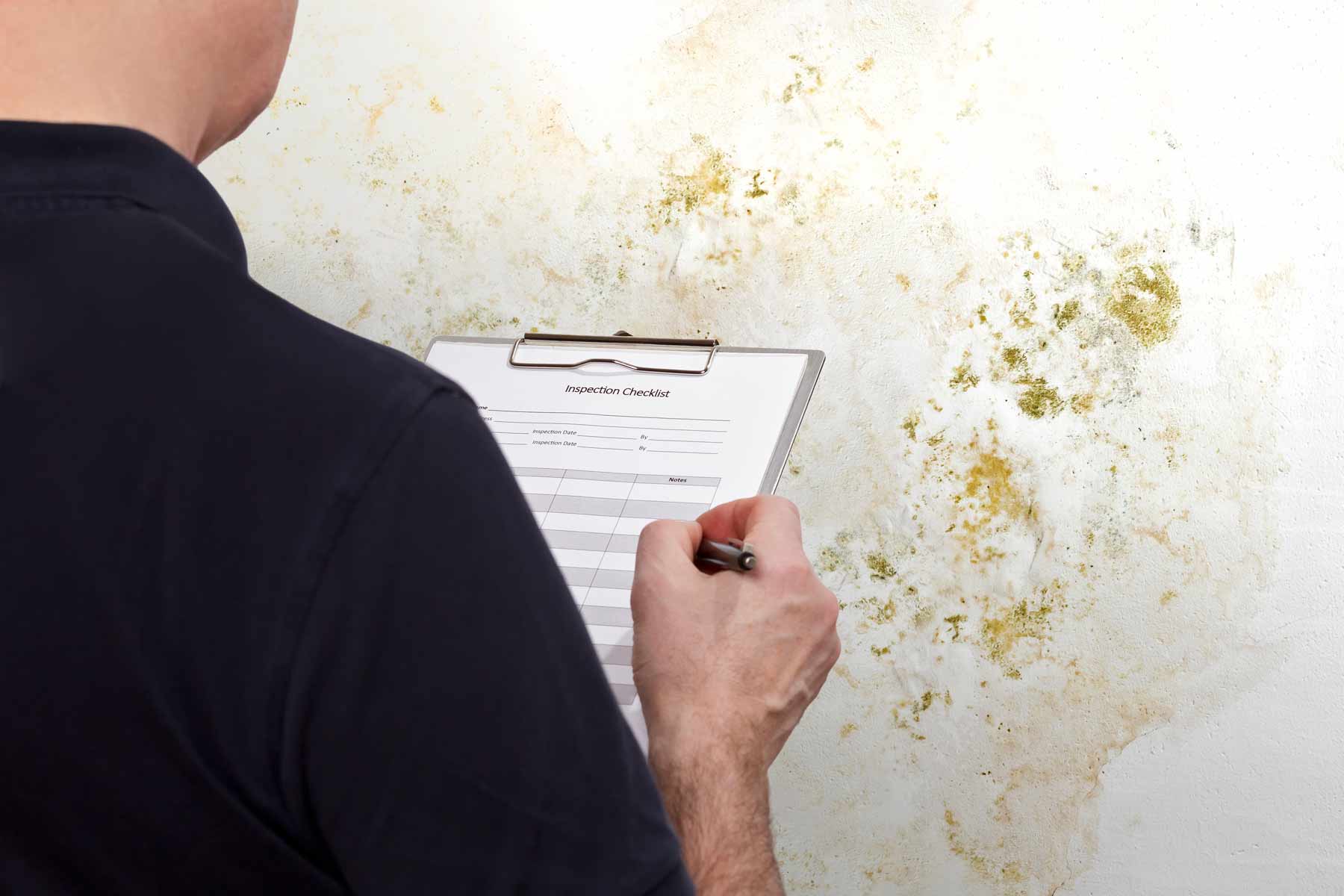
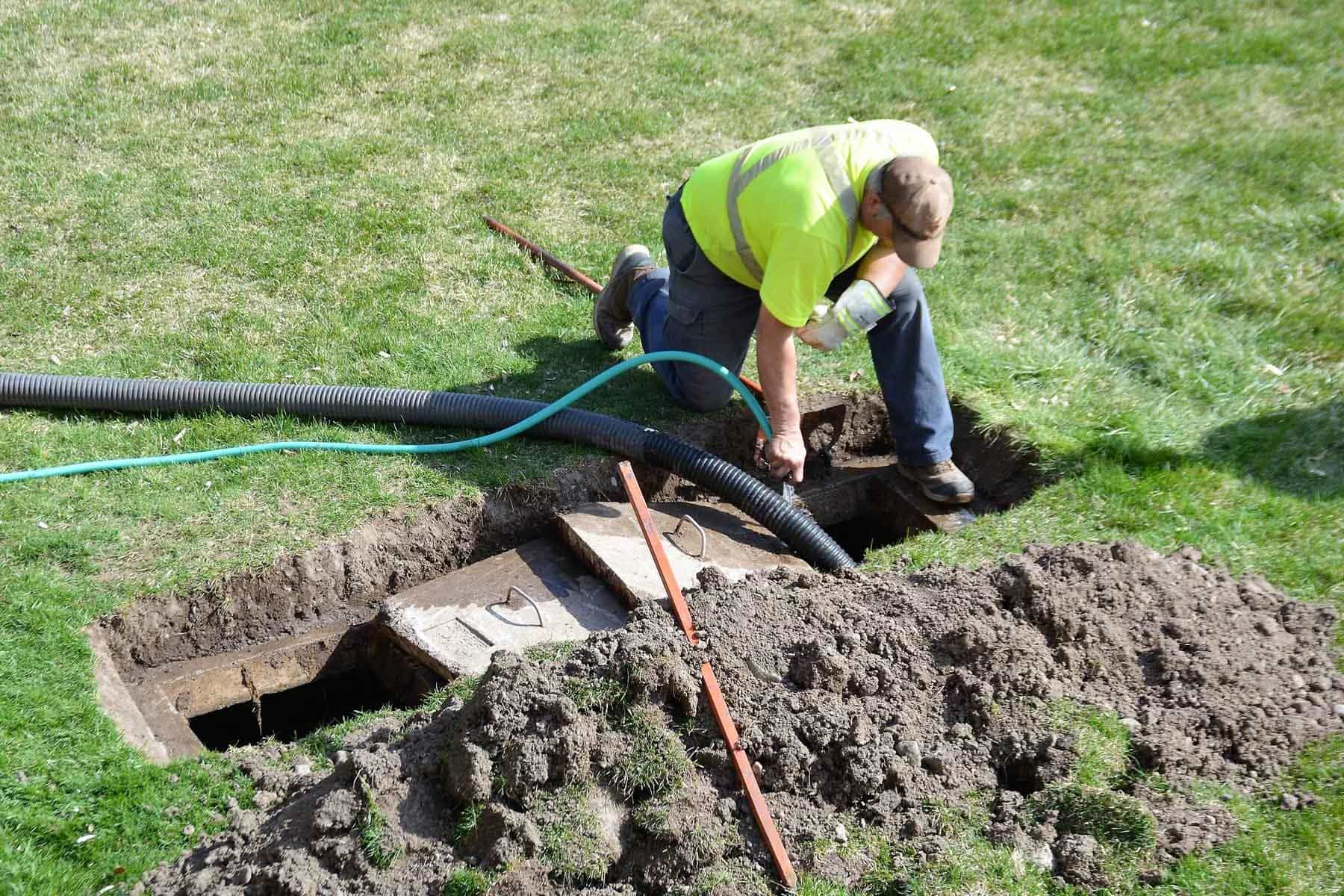
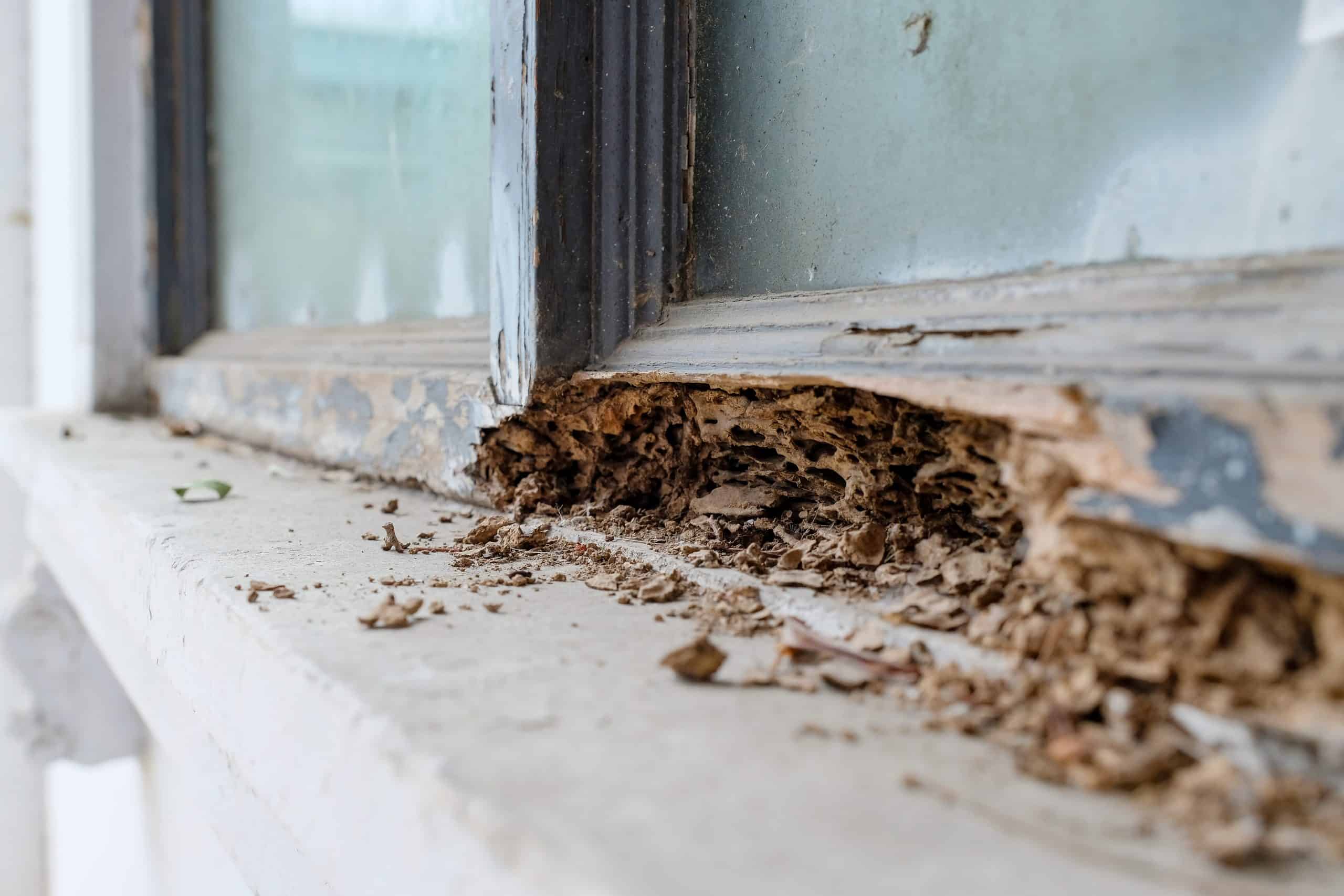

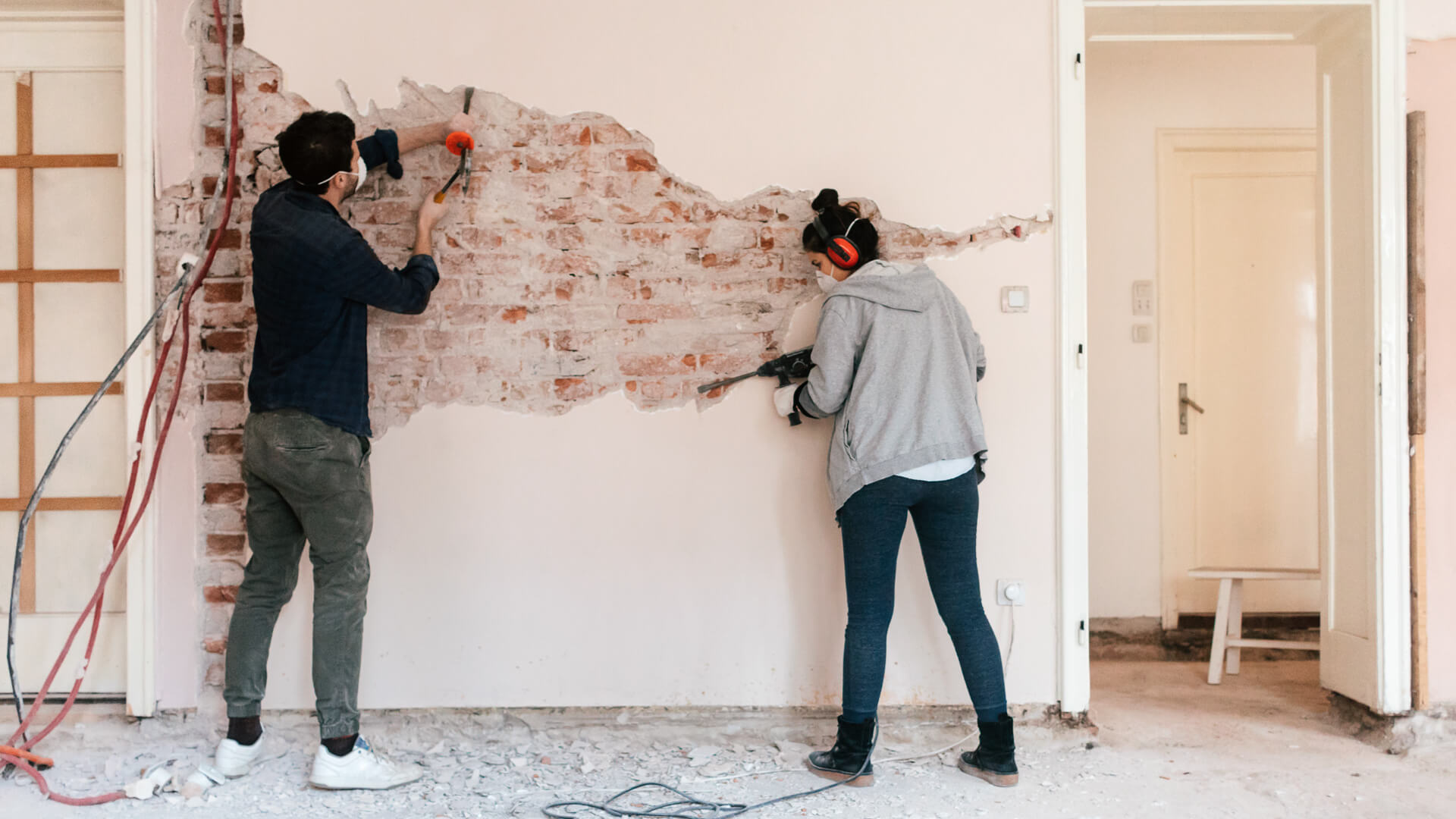
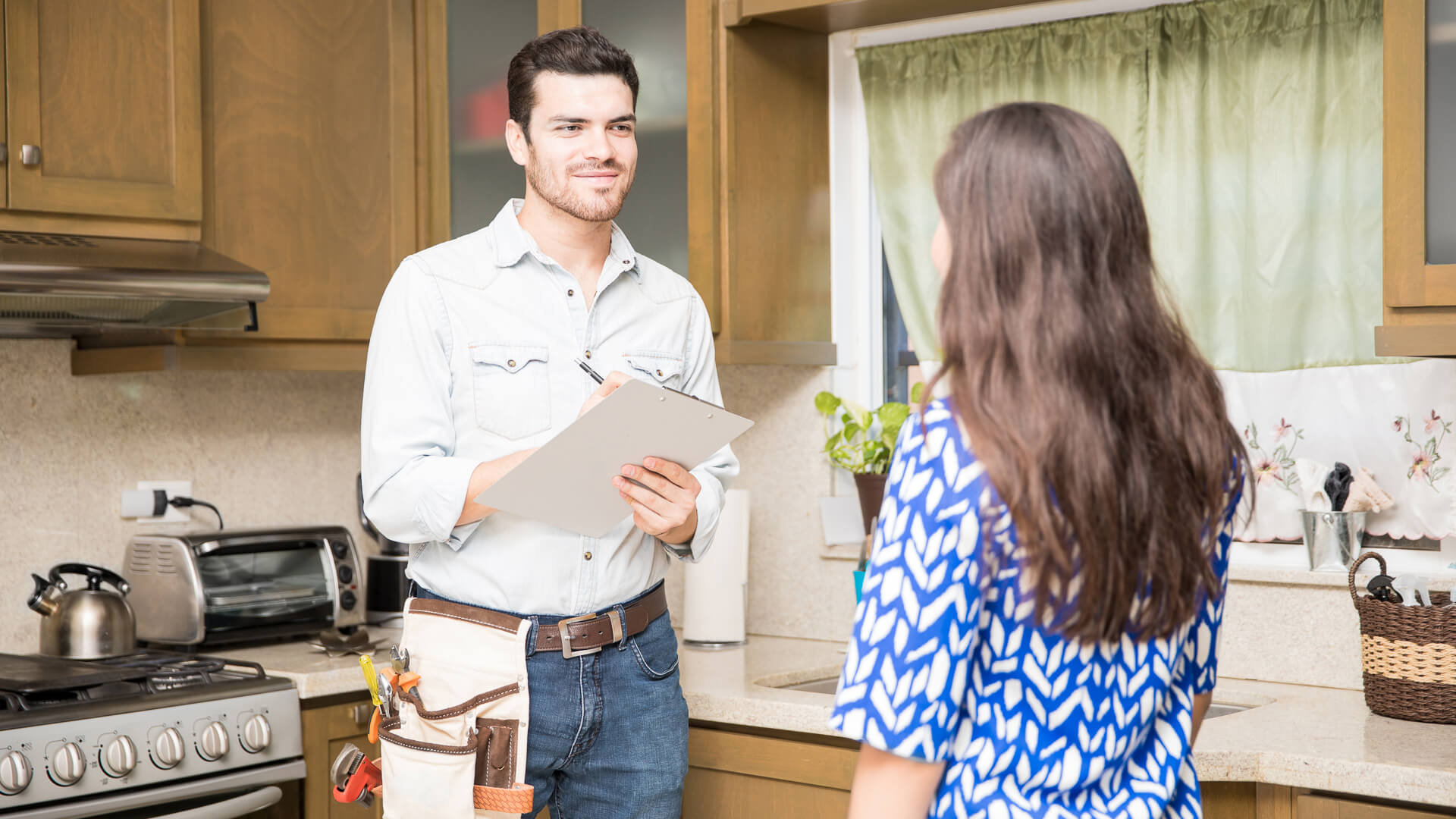
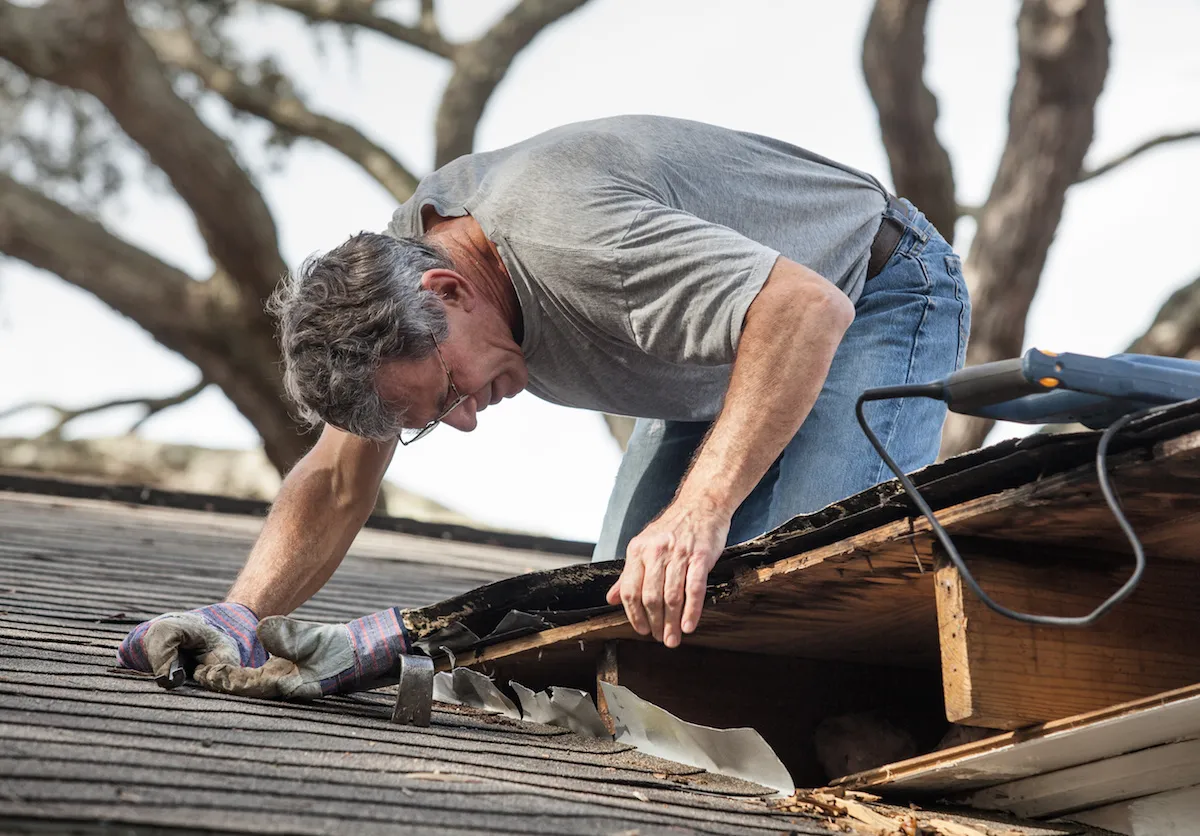


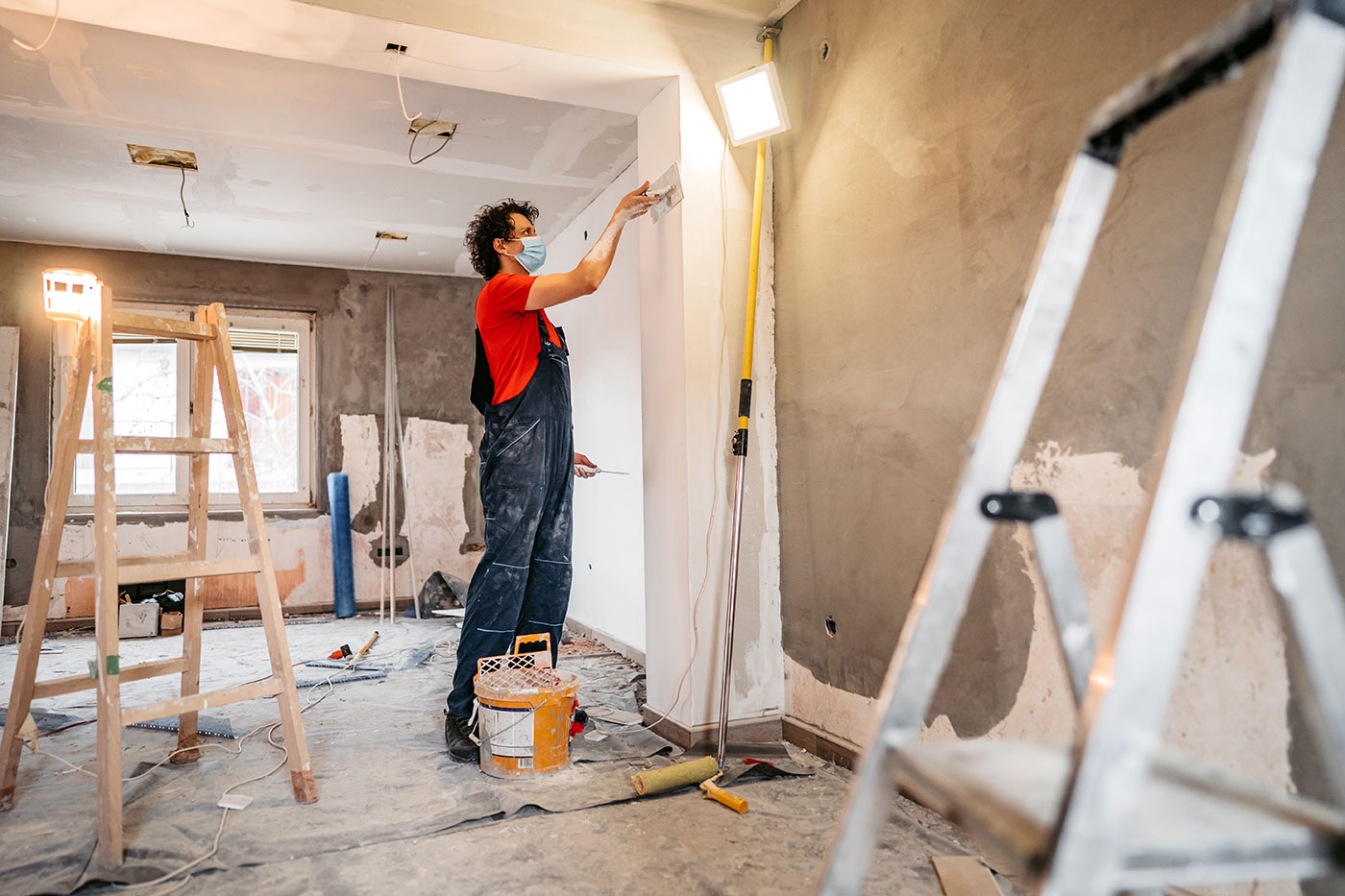

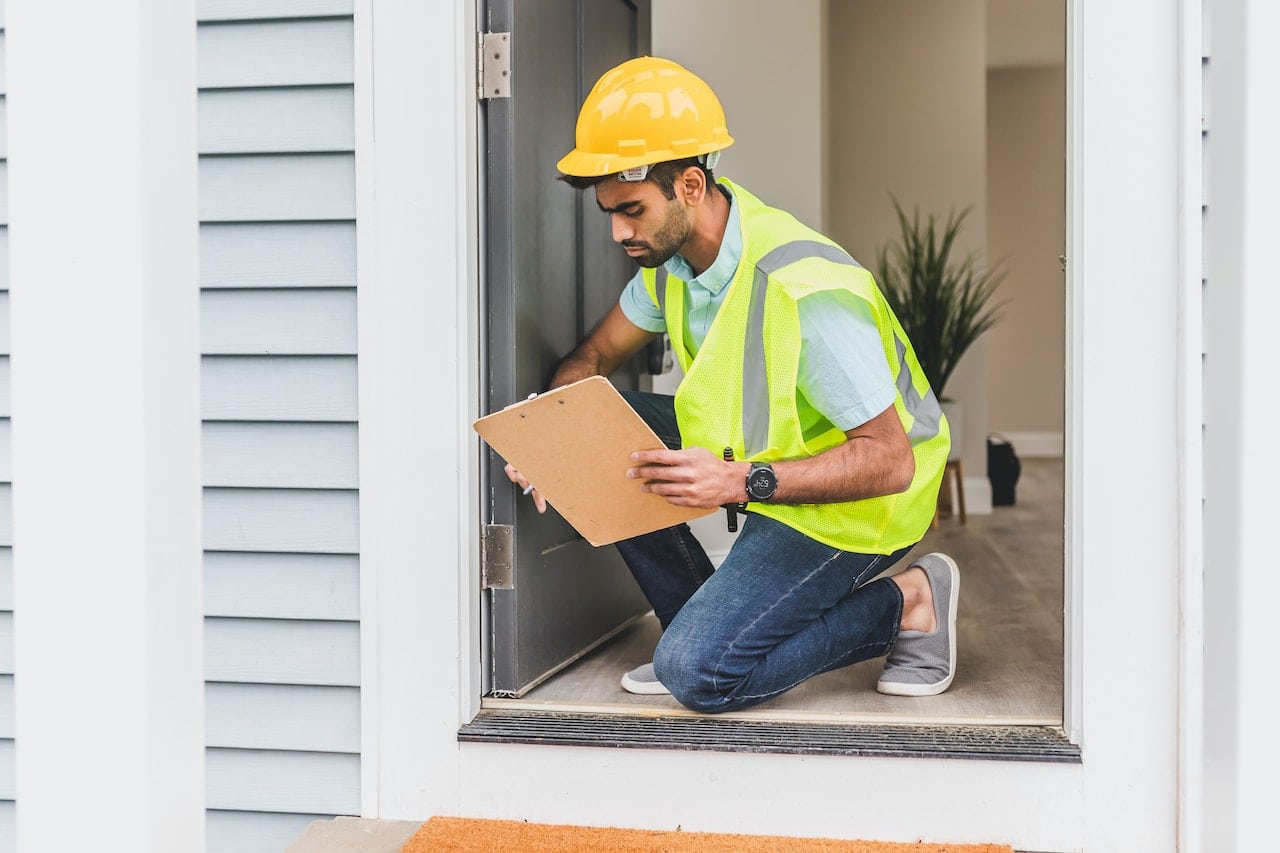


0 thoughts on “Who Pays For The Home Inspection”